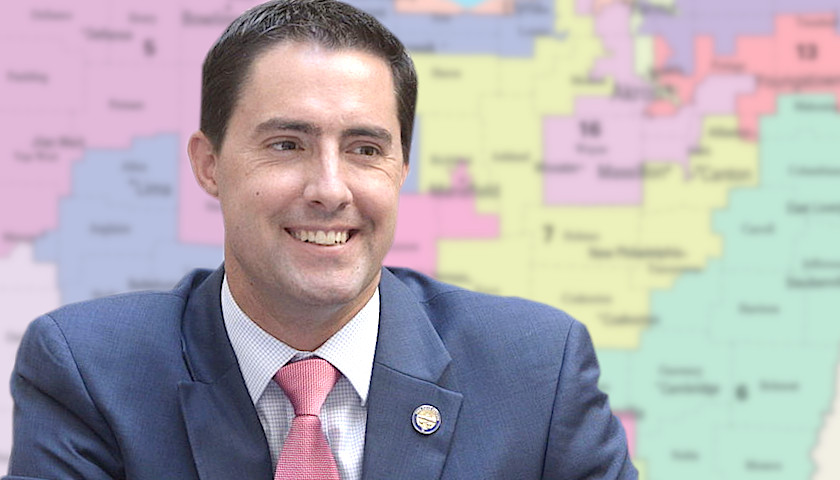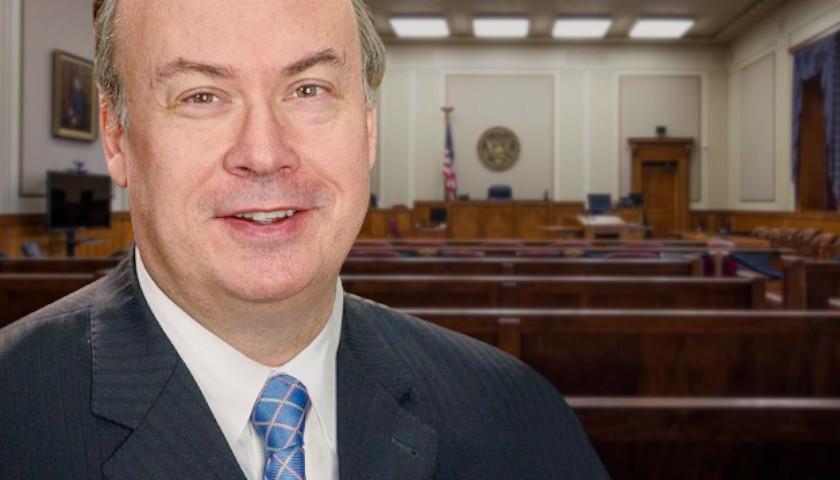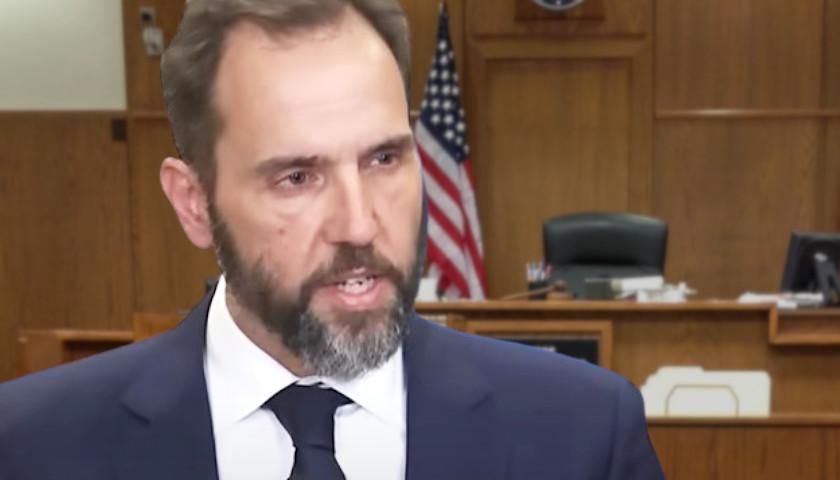by Andrew Welsh-Huggins
COLUMBUS, Ohio (AP) — The source of money contributed to so-called “dark money” groups operating in Ohio and trying to influence the political process should be disclosed, with possible penalties for violating this requirement including a low-level felony and a substantial fine, Ohio’s Republican elections chief said Monday.
The Secretary of State should also have subpoena power for campaign-finance related records and groups trying to block the gathering of ballot initiative signatures should be required to register with the state, said Secretary of State Frank LaRose.
“The people of Ohio want to know, and deserve to know, who’s spending money to influence the politics of our state,” LaRose said.
“Dark Money” is a relatively new term to describe groups that do not require their donors to be listed publicly. Two examples of such groups are the 501 (c) (4) group, Democratic Socialists of America and the 501 (c) (6) group, the US Chamber of Commerce.
LaRose’s comments follow the indictment of the former speaker of the Ohio House and four others in a $60 million federal bribery probe.
Ex-Speaker Larry Householder, a Republican, is accused of shepherding energy company money for personal and political use in exchange for passing a legislative bailout of two aging nuclear plants and then derailing an attempt to place a rejection of the bailout on the ballot.
Federal prosecutors say the energy company money was funneled through Generation Now, a group created to promote “social welfare” under a provision of federal tax law that shields its funding source or spending. The government says part of the scheme involved bribing or otherwise discouraging signature gatherers from doing their job.
Householder hasn’t entered a plea to a criminal charge and his attorney has declined comment. An arraignment is scheduled for Thursday.
LaRose is backing a bipartisan bill sponsored by Rep. Gayle Manning, a Republican from North Ridgeville in suburban Cleveland, and Rep. Jessica Miranda, a Democrat from Forest Park in suburban Cincinnati.
The bill is similar to a campaign finance measure that died in the House last year after passing the Senate. The lawmakers introduced the new bill in the wake of the bribery probe.
LaRose said he’s generally not a fan of felony charges for non-violent crimes but they might be justified in this case, along with a “really stiff” financial penalty.
– – –
Andrew Welsh-Huggins is a reporter with The Associated Press.





